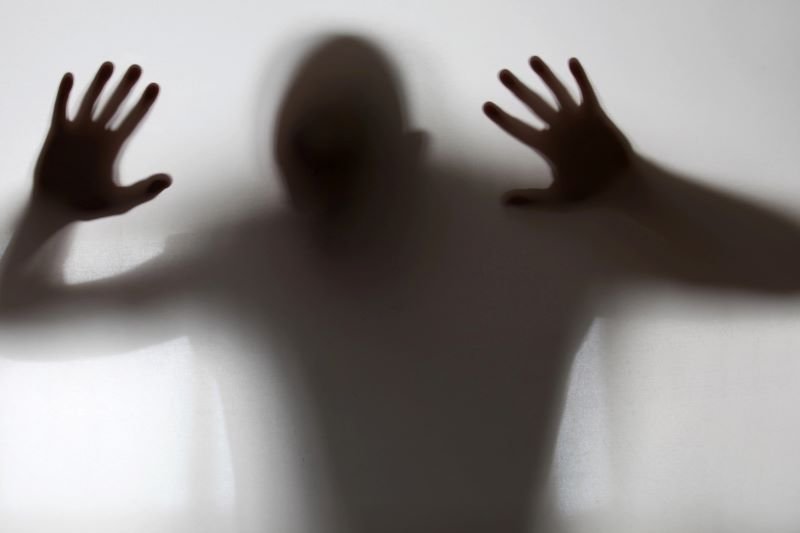Schizophrenia
Schizophrenia is a chronic and severe mental health disorder that affects how a person thinks, feels, and behaves. People with schizophrenia may seem like they have lost touch with reality, which can be distressing for both them and their loved ones. The condition requires lifelong treatment, even when symptoms have subsided.
Click to Schedule an Appointment
UNDERSTANDING Schizophrenia
A Comprehensive Guide
Understanding schizophrenia involves exploring its symptoms, causes, risk factors, diagnosis, and treatment options. Here’s a detailed overview to provide a comprehensive understanding of this complex mental health condition.
What is
Schizophrenia?
Schizophrenia is a chronic and severe mental disorder that affects a person's thinking, feeling, and behavior. It is characterized by episodes of psychosis, including hallucinations, delusions, and disorganized thinking, which can impair daily functioning and relationships.
causes of
Schizophrenia
The exact cause of schizophrenia is not known, but it is believed to be due to a combination of genetic, biological, and environmental factors

TYPES OF
Schizophrenia
There are several different types of Schizophrenia, each with its own set of symptoms and characteristics. Some of the most common types of Schizophrenia include:
Paranoid Schizophrenia
Predominantly paranoid delusions, such as beliefs of being persecuted, spied on, or plotted against. Auditory hallucinations (hearing voices) are common, often with a persecutory or grandiose content. Cognitive Functioning are typically better preserved compared to other types, with less disorganized thinking and behavior.
Disorganized Schizophrenia (Hebephrenic Schizophrenia)
Disorganized speech: incoherent and illogical speech, difficulty organizing thoughts. Disorganized behavior: inappropriate or bizarre behavior, lack of goal-directed activities. Lack of emotional expression or inappropriate emotional responses.
Catatonic Schizophrenia
Marked by extremes of behavior, from complete lack of movement (stupor) to excessive motor activity (agitation). Mutism: inability or refusal to speak. Echolalia and echopraxia: repeating words or actions of others.
Undifferentiated Schizophrenia
Symptoms of schizophrenia that do not fit neatly into the paranoid, disorganized, or catatonic subtypes. Can include delusions, hallucinations, disorganized speech and behavior, and negative symptoms.
Residual Schizophrenia
Presence of less severe, residual symptoms after the more intense episodes of schizophrenia have subsided. However, the negative symptoms are more prominent, including reduced motivation, flat affect, and social withdrawal.









